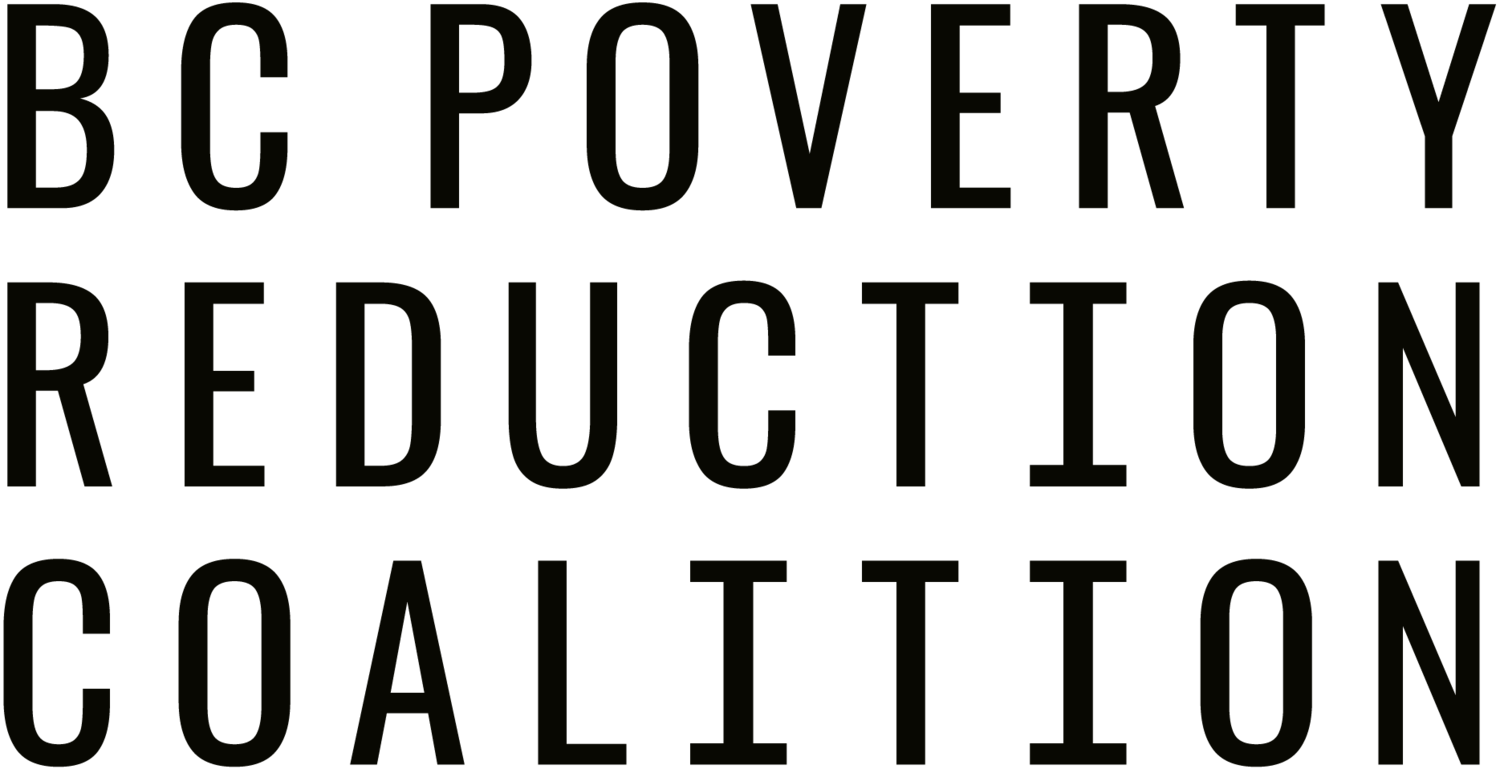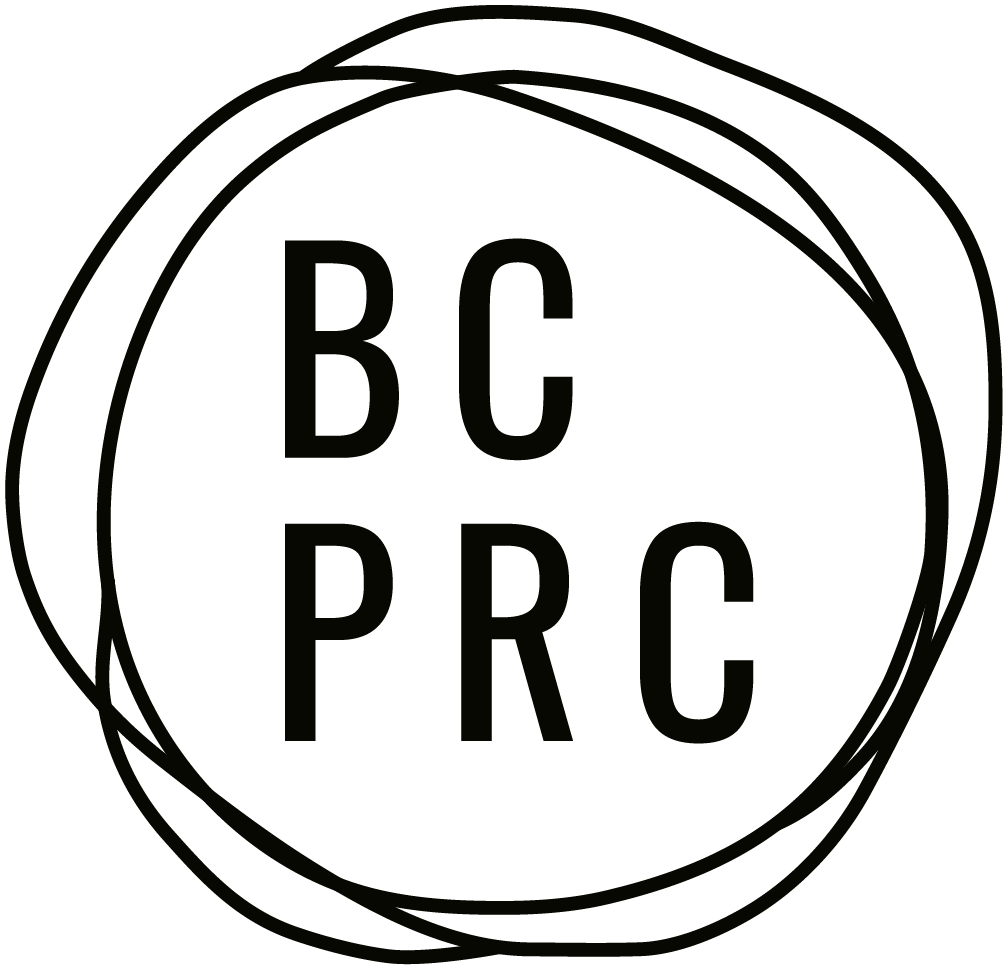Economic Security
Beyond the poverty line to dignity and security for all.
People must far surpass the poverty line to attain a thriving, dignified, and economically secure life. We advocated for, and secured, targets and timelines to tackle poverty in B.C., legislated in 2018. However, we must not mistake Canada’s Market Basket Measure poverty line for a finish line. Shifting people marginally past a low threshold may achieve a statistical benchmark, but it does not signal that their fundamental human rights have been met. The poverty line is not a benchmark by which to measure the achievement of secure, full-time, unionized work with all the benefits workers and families deserve. Our Economic Security principle proposes the public policy solutions that must be equitably accessed for us to achieve economic justice, as it relates to homelessness and depth of poverty, income, fair wages, employment benefits, rights and standards. We must go beyond the goal of merely ‘lifting people out of poverty’ to achieving stable, durable economic security for all; we must secure incomes and benefits that far surpass our lowest calculated threshold for survival.
Our recommendations
Extreme Poverty and Homelessness
Achieve the United Nations Sustainable Development Goal 1: Zero Poverty, 1.1. by eradicating extreme poverty in all its forms by 2030 and ensuring all those who are homeless have homes by 2030 in B.C.
Address the depth of poverty in B.C and ensure all those below the poverty line achieve incomes 30% above the Market Basket Measure by 2026.
Prioritize poverty reduction strategies that target those who have a higher risk of living in poverty due to intersectional disadvantage. This includes women, single senior women, single parents, Indigenous and racialized communities, immigrants and refugees, those engaged in survival sex work and other work in grey economies, LGBTQIA2S+ individuals, those living with disabilities (taking into consideration the diverse needs of those with both short and long-term disability needs), those with mental health challenges, and those with substance-use disorders.
Continue the $300 increase to income and disability assistance rates and further raise the rates to the Market Basket Measure.
Increase the earnings exemptions for those on income and disability assistance and end the claw back of unearned income.
Allow income assistance recipients to attend post-secondary institutions and retain full assistance benefits and expand the Single Parents Employment Initiative (SPEI) to include higher education.
Working Poverty and Employment Standards
Implement interventions to reduce and eliminate precarious work in B.C.
End wage discrimination against farm workers and implement the general minimum wage as a wage floor for all piece-rate farm workers, as recommended by the Fair Wages Commission in 2018.
All levels of governments should ensure their direct and contract employees are paid a living wage.
Remove barriers for workers exercising their constitutional right to join a union, including a return to signed union card certifications, and implement measures to prevent employers from interfering in union organizing drives.
End contract flipping that enables employers to keep wages low for tens of thousands of workers.
Provide 21 sick days a year for all workers regardless of their immigration status.


